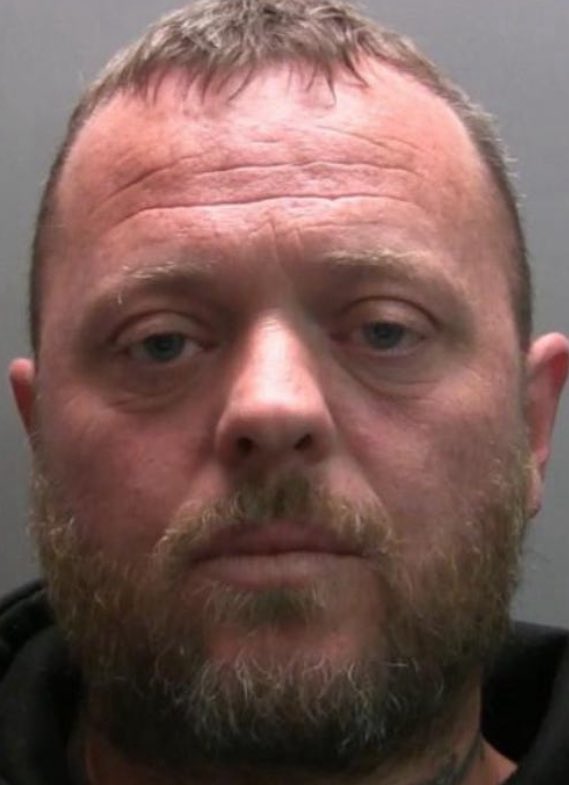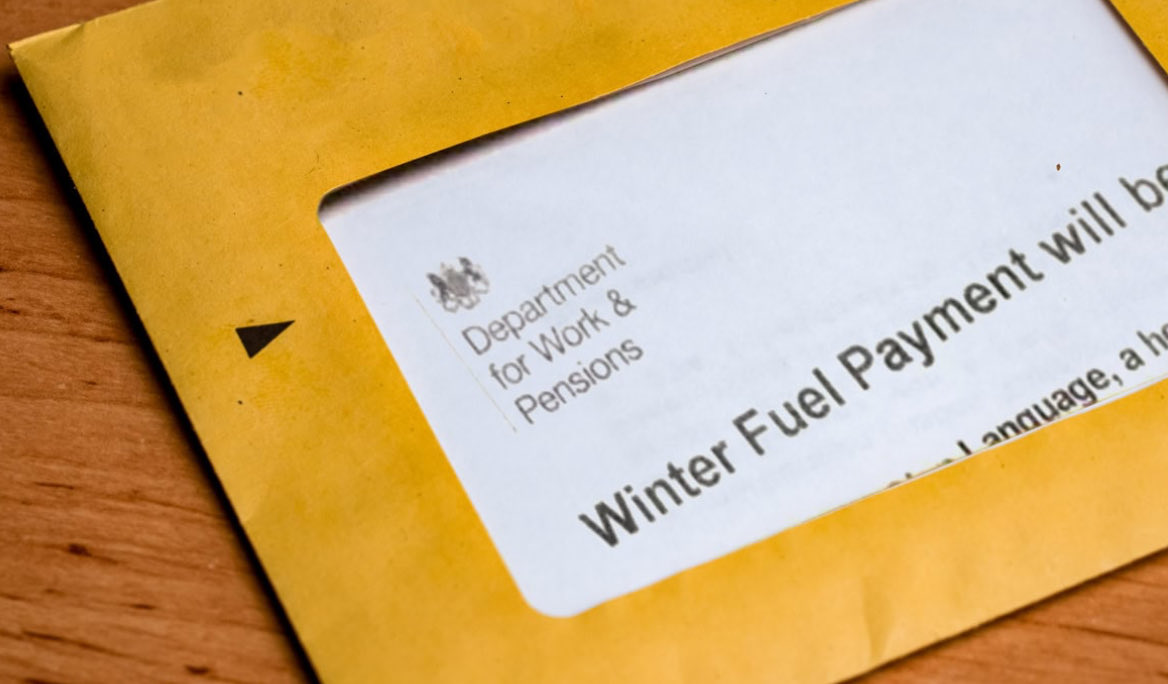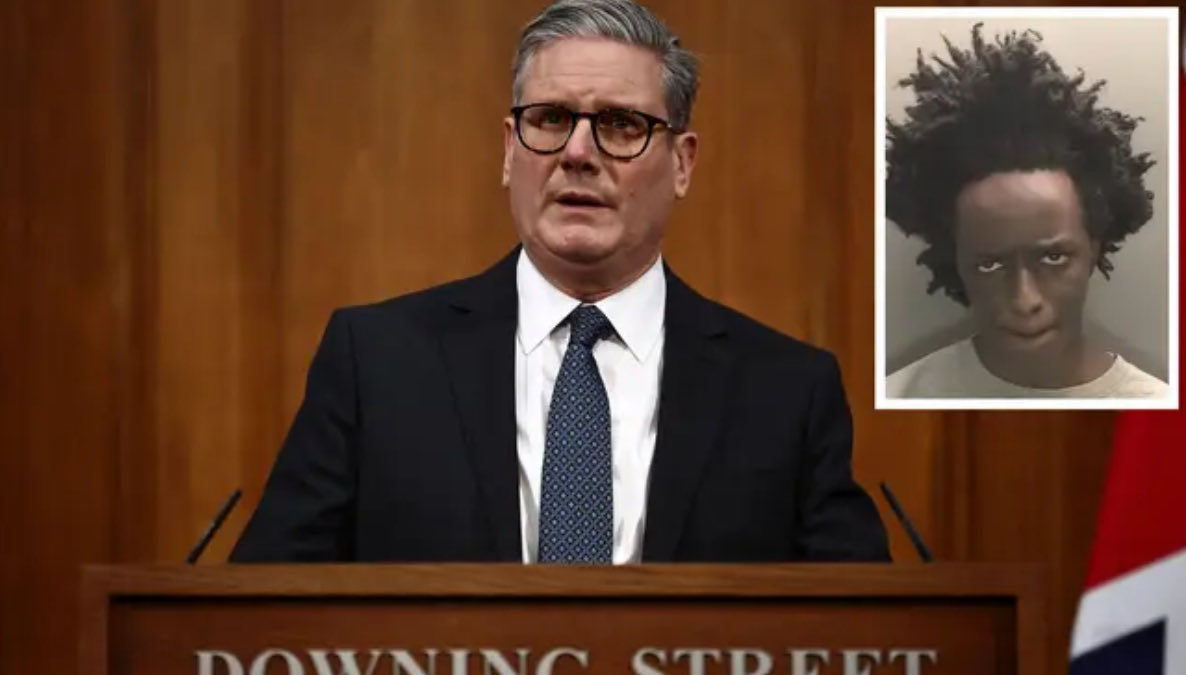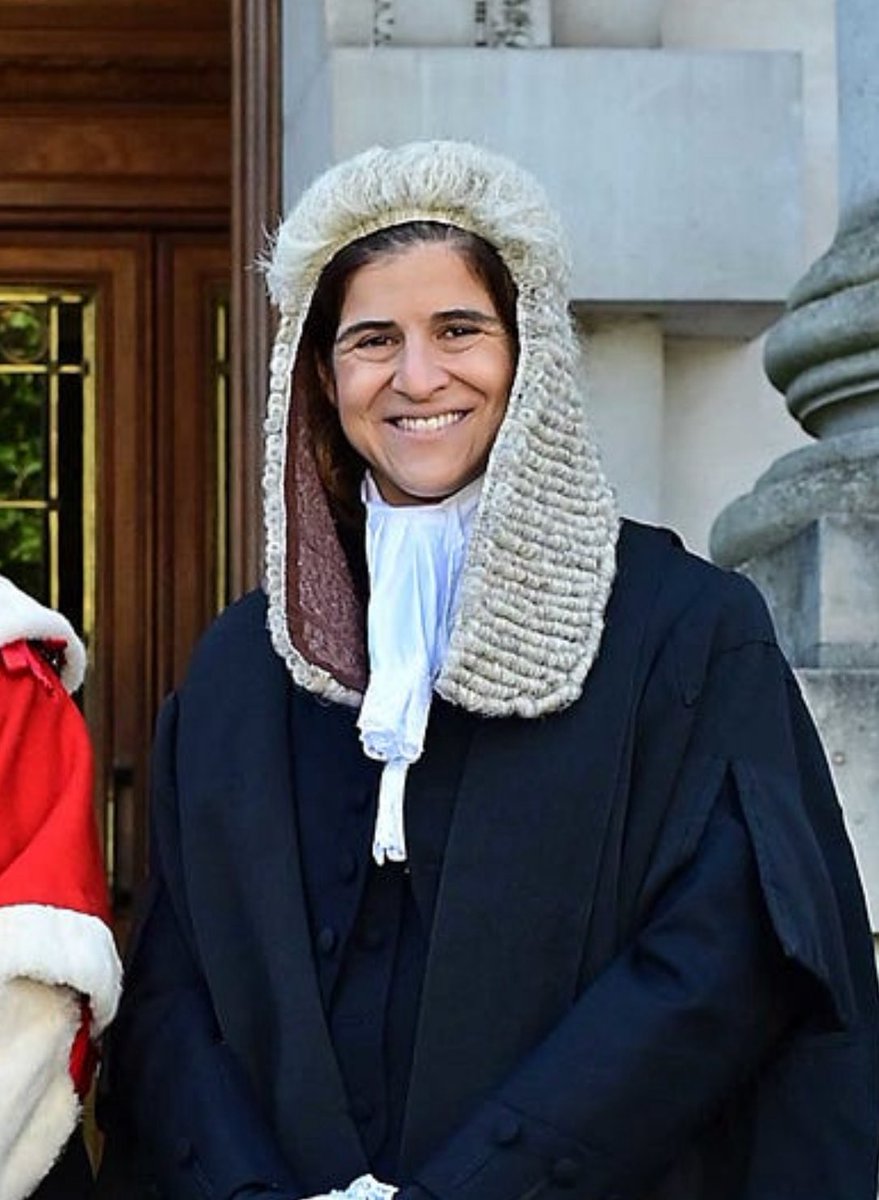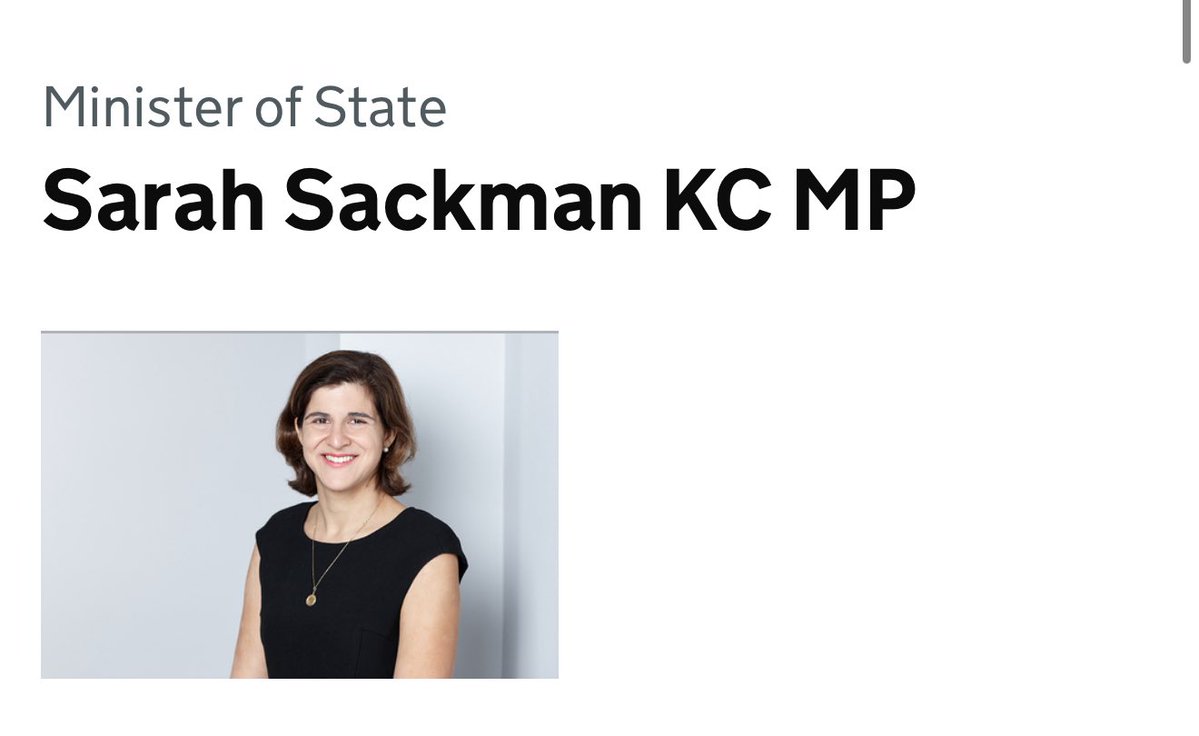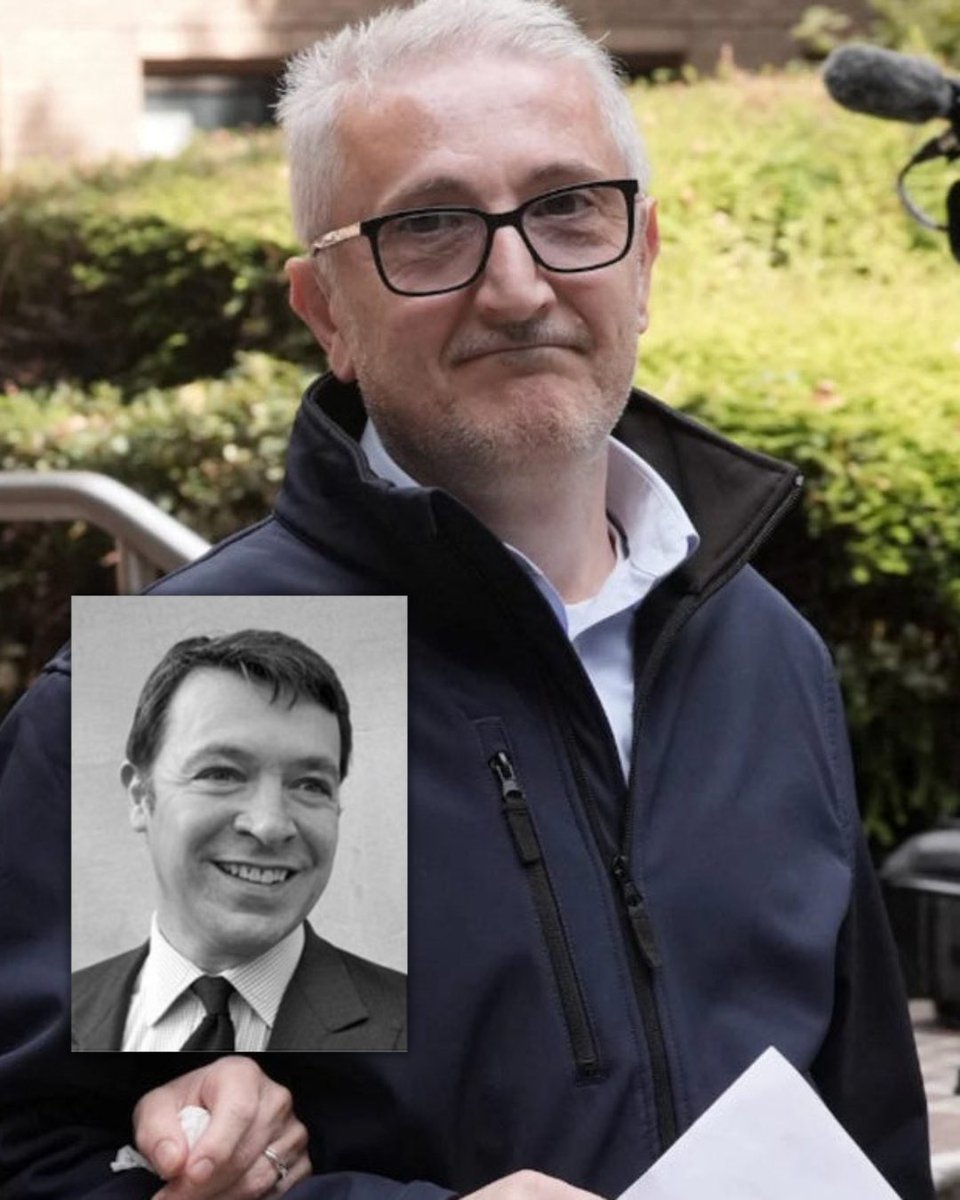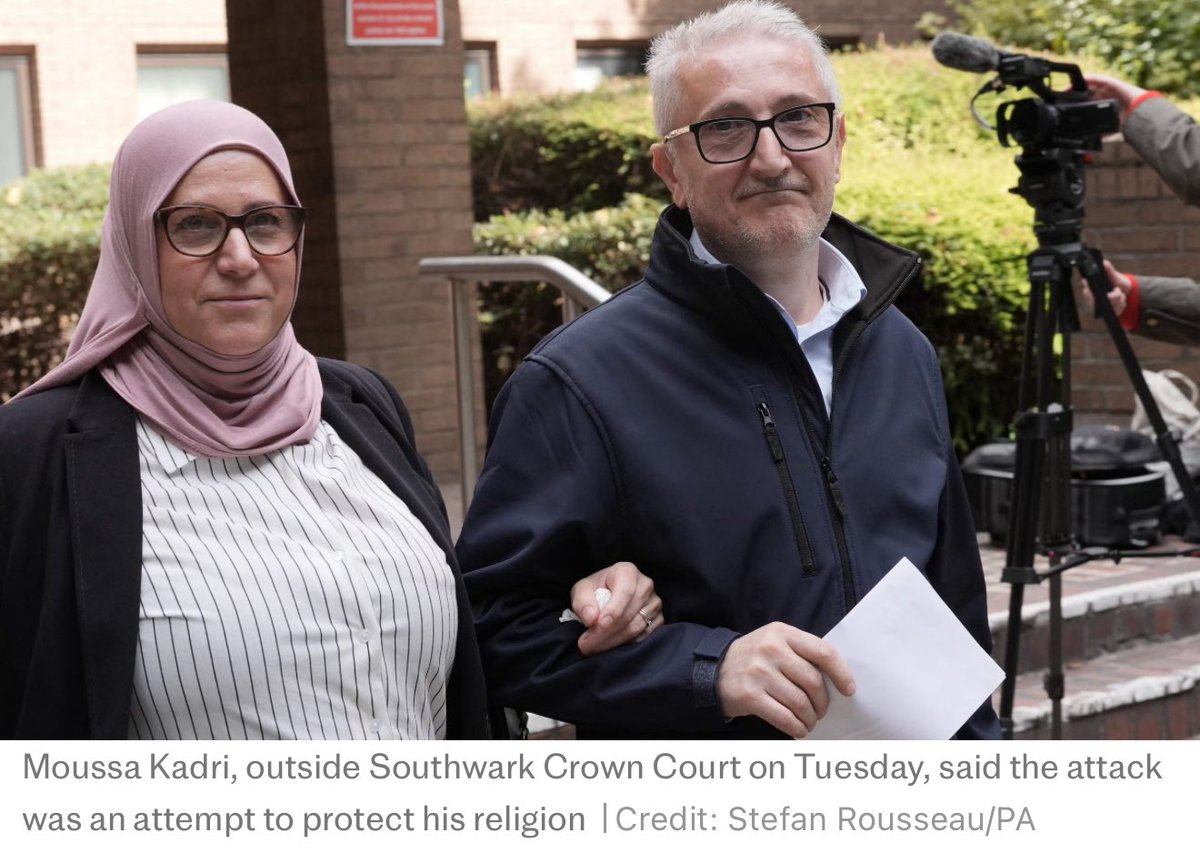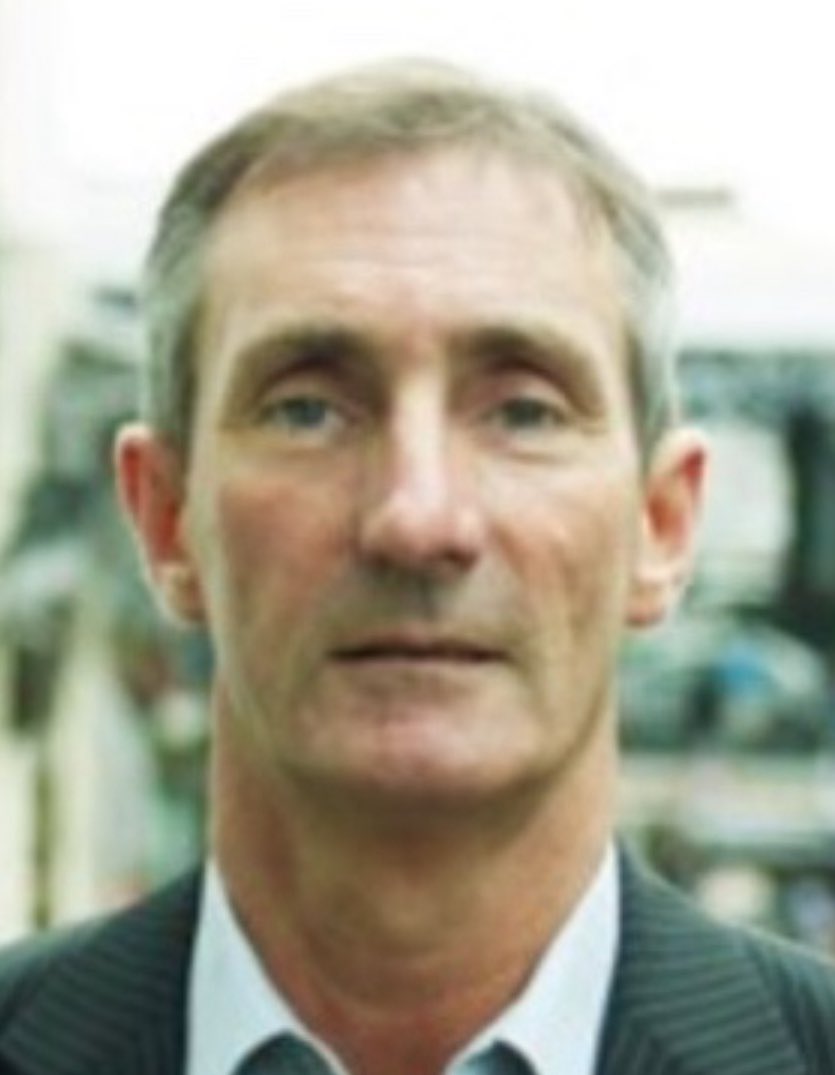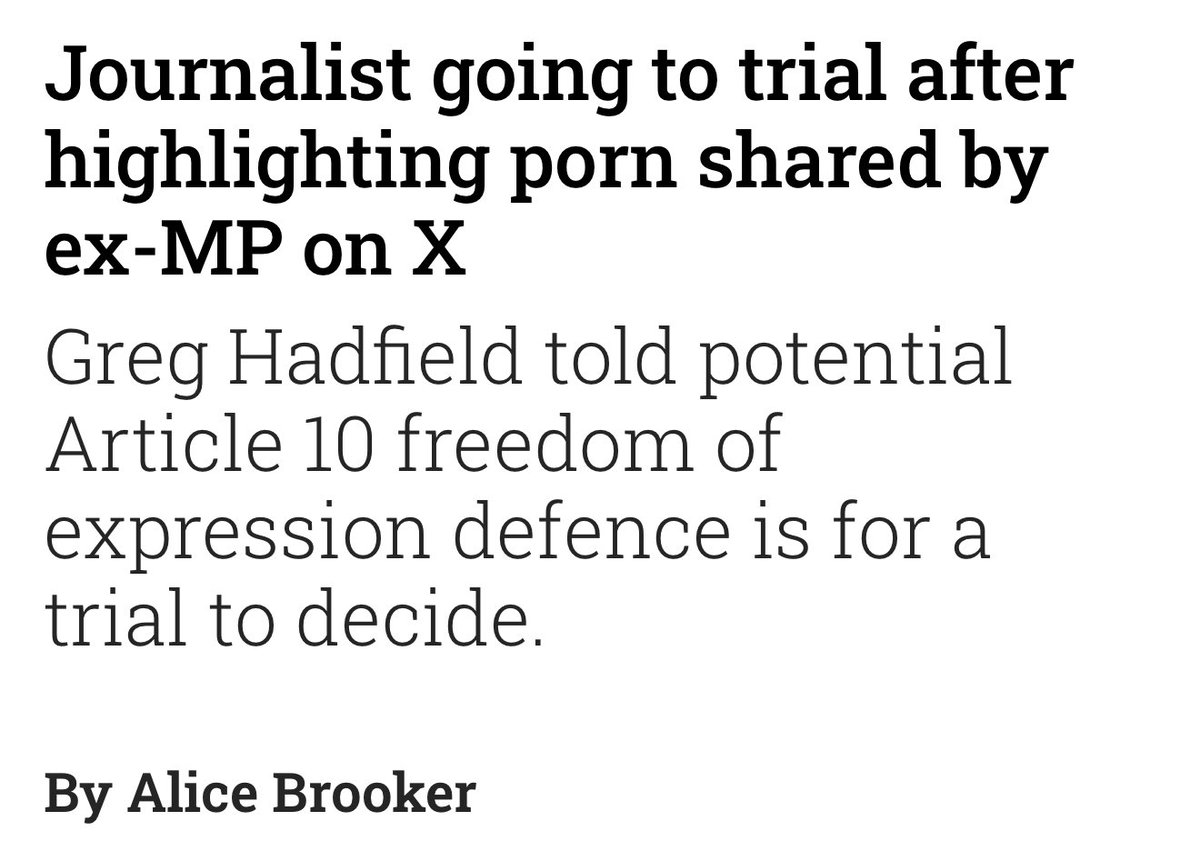There's been a lot of talk of Bovaer in the last few weeks...
So many citizen journalists have published some incredibly insightful posts about it.
Yet, the most scandalous info hasn't necessarily been about the product itself.
Thread 🧵
So many citizen journalists have published some incredibly insightful posts about it.
Yet, the most scandalous info hasn't necessarily been about the product itself.
Thread 🧵

To recap, on November 26th, Arla Foods Ltd. announced a groundbreaking partnership with Tesco, Aldi, and Morrisons to trial a methane-reducing feed “additive” called Bovaer.
Its purpose is to curb emissions in the UK dairy industry.
Its purpose is to curb emissions in the UK dairy industry.

Arla, a major force in the dairy market, supplies household brands like Lurpak, Anchor, Cravendale, Lactofree, and Castello. They secured a net profit of €167 million just in the first half of 2024, underscoring their dominance of the market. 

However, the initiative sparked uproar when news broke about what’s actually in the feed.
People poured milk down drains, took pictures of unsold Arla products, etc.
Other producers even took to social media to state they do not, and will not, use Bovaer.
People poured milk down drains, took pictures of unsold Arla products, etc.
Other producers even took to social media to state they do not, and will not, use Bovaer.

Bovaer’s active ingredient, 3-nitrooxypropanol (3-NOP), inhibits a key enzyme in the methane production process within a cow’s stomach. Other ingredients include silicon dioxide and propylene glycol. 

Interestingly, there’s some confusion about whether its a drug or “food addictive”. As investigative journalist @sonia_elijah noted, the FDA classifies Bovaer as a drug because it alters an animal’s bodily functions. 

Yet, the FDA’s Center for Veterinary Medicine opted not to treat it as a drug and avoid enforcing standard drug regulations, citing low risk to humans and animals—a move that naturally sidesteps normal safety monitoring. 

In a similar vein, in the UK—where it is not considered a drug— the Advisory Committee on Animal Feedingstuffs declared the additive “safe for consumers.”
But at the same time, they labeled Bovaer “corrosive to eyes, irritating to skin, and harmful if inhaled”.
But at the same time, they labeled Bovaer “corrosive to eyes, irritating to skin, and harmful if inhaled”.

The safety studies have shown mixed results.
In one trial, cows fed the highest doses of 3-NOP experienced reduced feed intake and lower heart weights. Another study reported smaller ovaries and decreased enzyme activity in cows on high doses.
In one trial, cows fed the highest doses of 3-NOP experienced reduced feed intake and lower heart weights. Another study reported smaller ovaries and decreased enzyme activity in cows on high doses.

Additionally, a 2021 carcinogenicity study found tumours in female rats exposed to high doses of 3-NOP.
It also found there was a “slight to severe decrease” in male rats’ sperm cell production.
It also found there was a “slight to severe decrease” in male rats’ sperm cell production.

In short, where doses were considered high, there were all sorts of adverse events. But they did show a decrease in methane production.
Arla says the drug has been under development and testing for over 15 years but that doesn’t involve human consumption. In other words, there has been no testing on the long term effects of humans drinking Bovaer milk. 

This seems all the more worrying as that same 2021 study found deposits of 3-NOP in the liver, adrenal glands, kidney, fat, muscles and brain of the tested rats. 

Of course, despite all of this, some mainstream commentators met public concern with utter disdain.
BBC Verify piped up and blamed “misinformation”. The Times’ science editor Tom Whipple went a step further saying, “It's not that you’re a conspiracy theorist, it's that you're an idiot!”:
As the days passed, we discovered more.
It was later revealed that Blackrock is the largest investor of DSM-Firmenich, the Netherlands-based company that owns Bovaer.
The same multinational investment company that has its hands all over the UK’s "green" energy transition.
It was later revealed that Blackrock is the largest investor of DSM-Firmenich, the Netherlands-based company that owns Bovaer.
The same multinational investment company that has its hands all over the UK’s "green" energy transition.

The company also received in excess of $3,460,000 in 2021 and $782,000 in 2020 from The Bill and Melinda Gates Foundation.
Although, this was reported to be for malaria prevention rather than agricultural.
Although, this was reported to be for malaria prevention rather than agricultural.
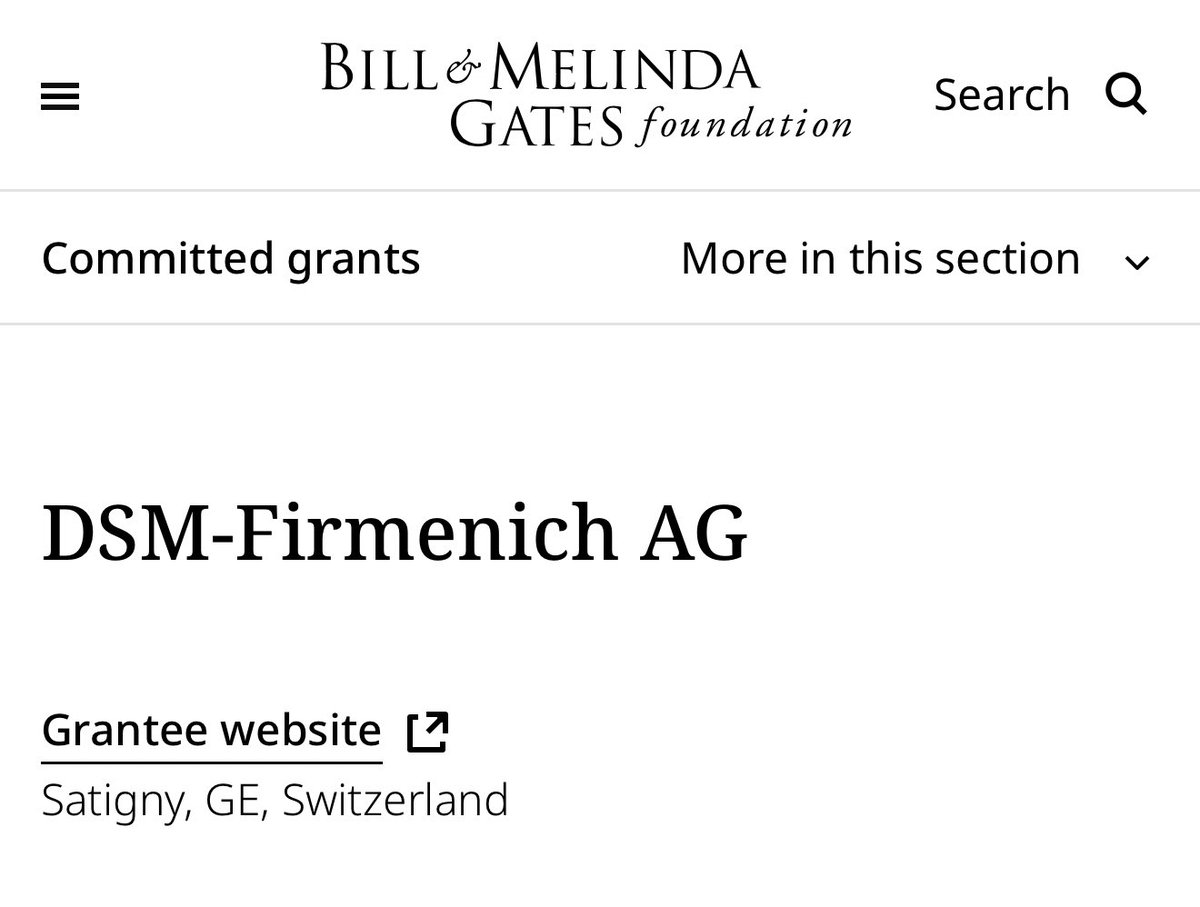
To incentivise the drug’s adoption, pharmaceutical company Elanco is offering farmers cash through carbon credit systems. By reducing methane emissions with Bovaer, farmers can now monetise their “environmental efforts”. 

Beyond carbon markets, government initiatives offer further financial reward. For instance, the U.S. Department of Agriculture allocated $89 million in funding last year to assist farms implementing products like Bovaer. 

The UK government is actively exploring similar. In 2022, the Department for Environment, Food & Rural Affairs (DEFRA) initiated a call for evidence to explore how such drugs could be integrated into farming practices. 

They even pledged to address cost concerns for farmers and “incentivise uptake”.
This will of course be done with our cash.
This will of course be done with our cash.
The real kicker, though: while DEFRA hasn’t figured out how to reward farmers for using feed possibly fraught with adverse effects, they’ve already nailed down their “ultimate objective”—push widespread adoption, and “mandate” its use in all cattle systems across the UK. 



“Safe and effective”—there’s that catchphrase again…
The point now isn't just if Bovaer is safe, it's if we're going to allow the government to adulterate our foods by force via mandates again.
There's something horribly Covidesque about it.
The point now isn't just if Bovaer is safe, it's if we're going to allow the government to adulterate our foods by force via mandates again.
There's something horribly Covidesque about it.

• • •
Missing some Tweet in this thread? You can try to
force a refresh


